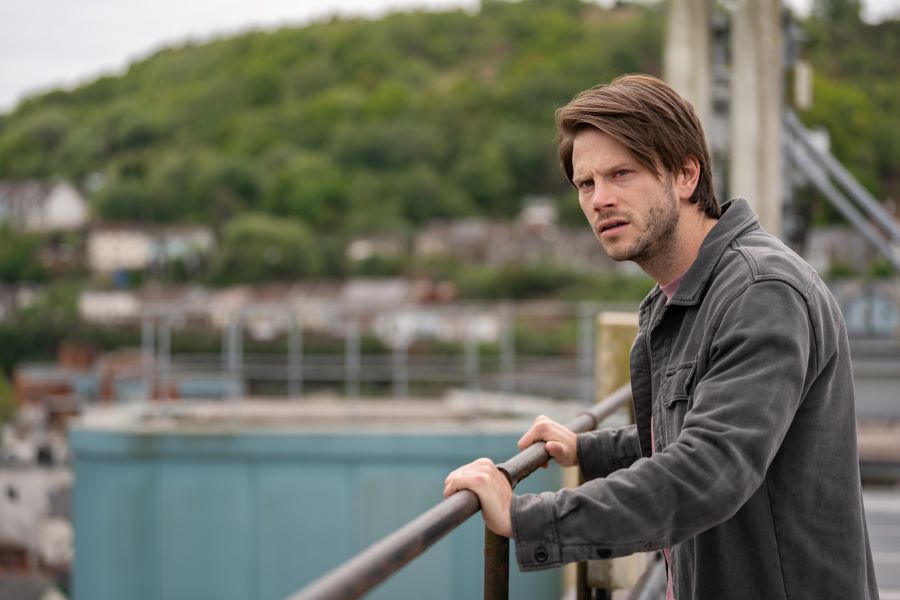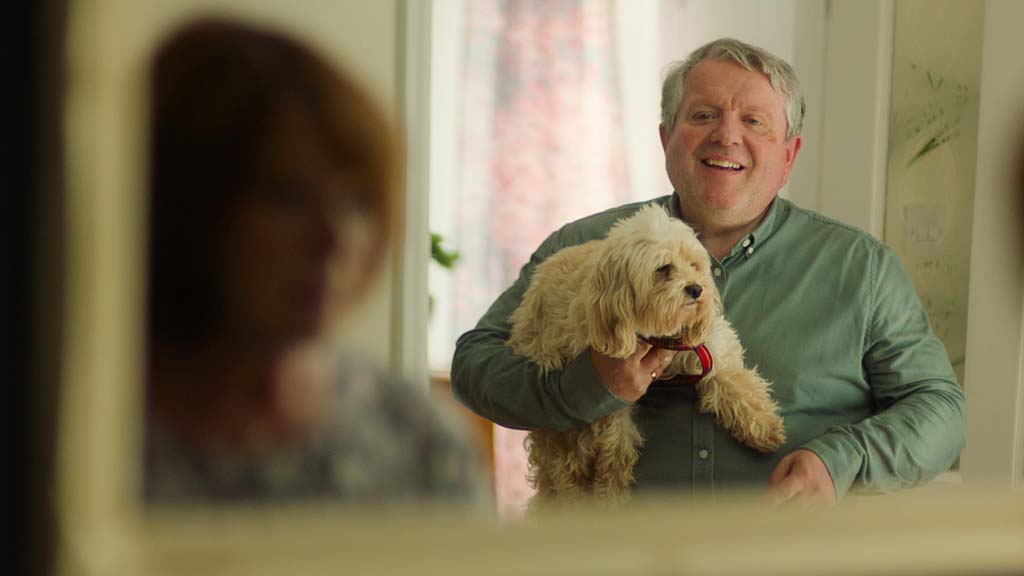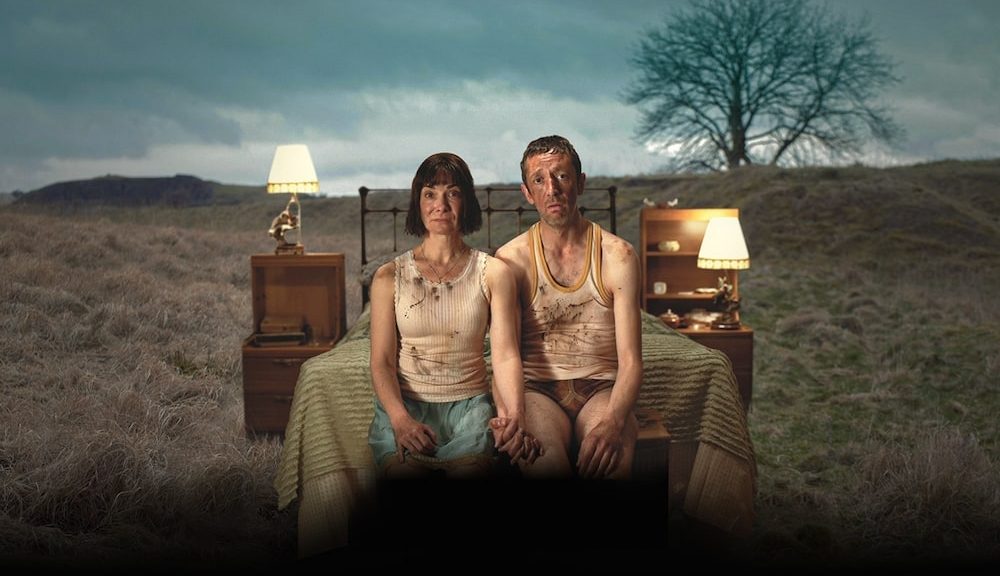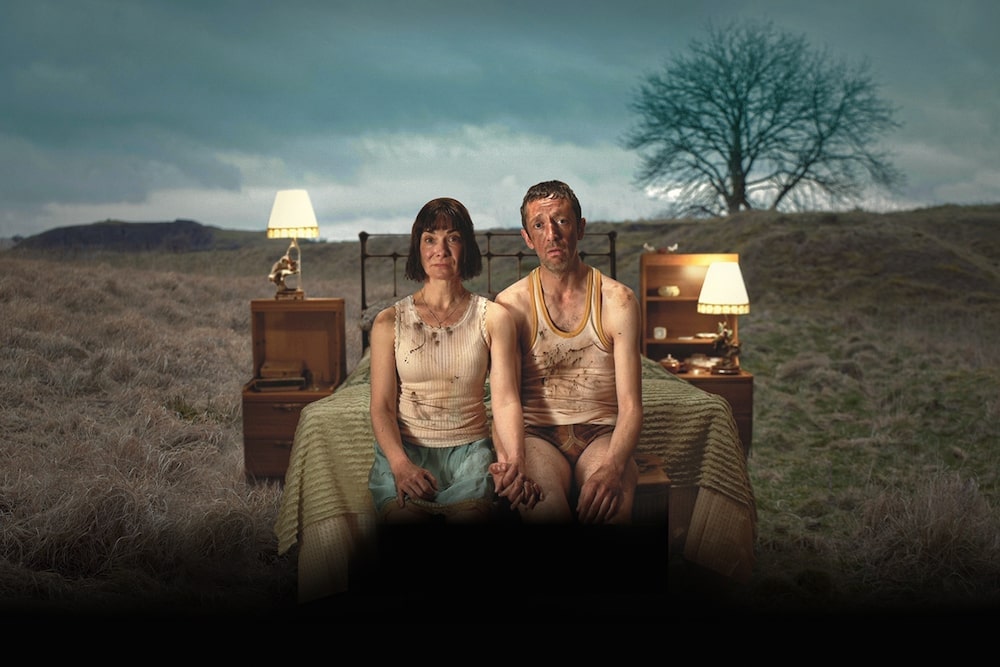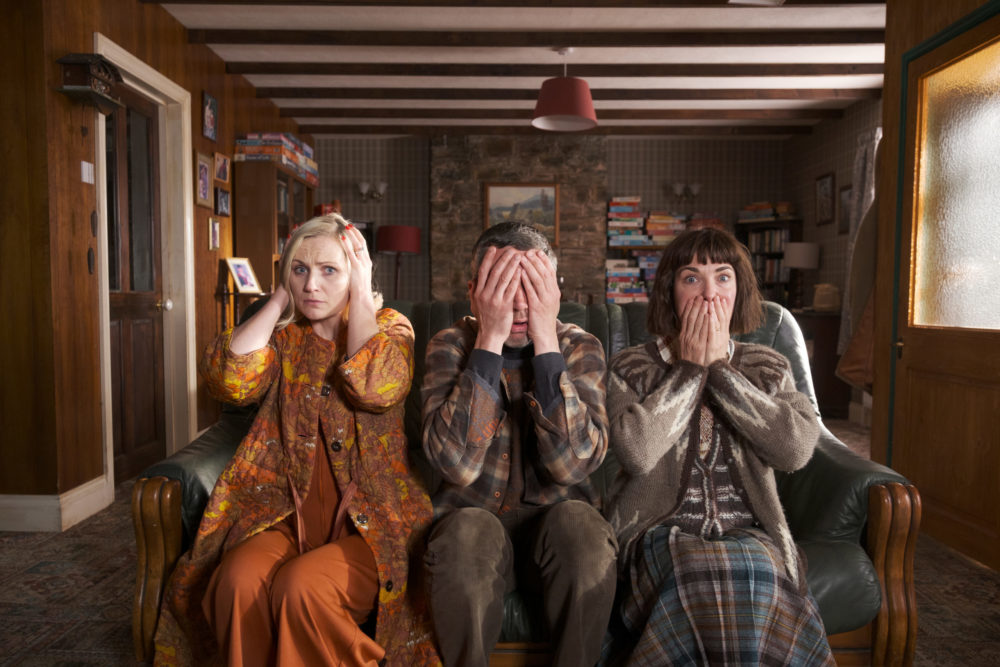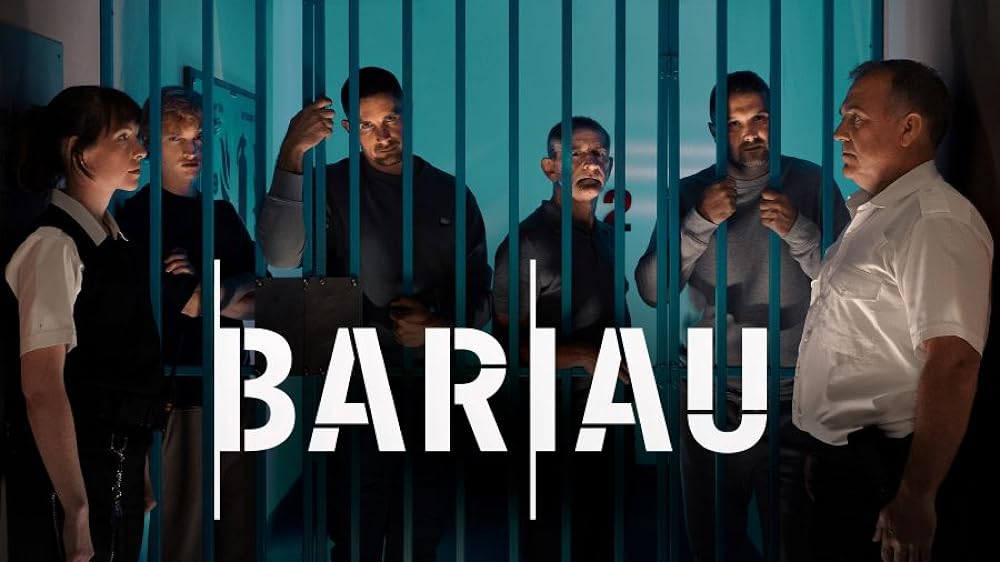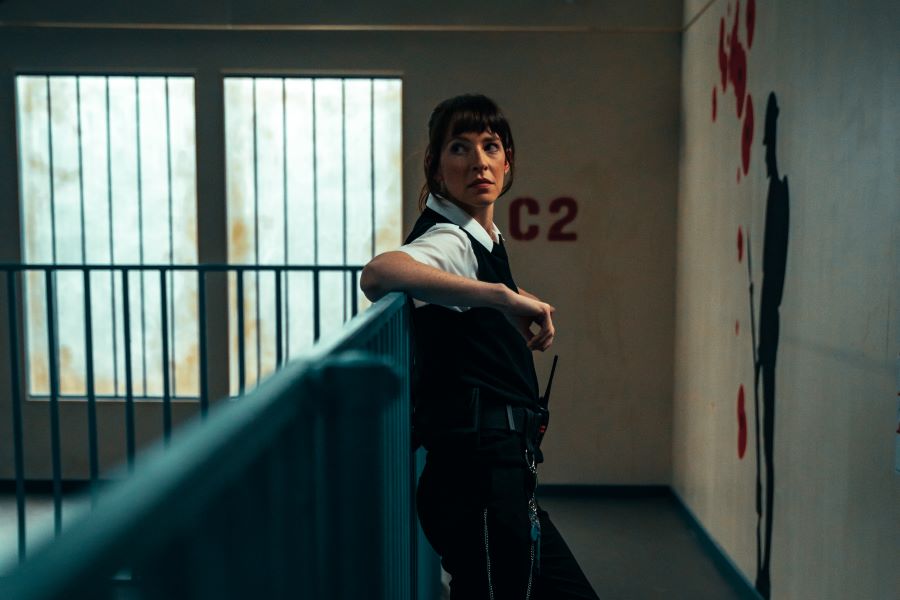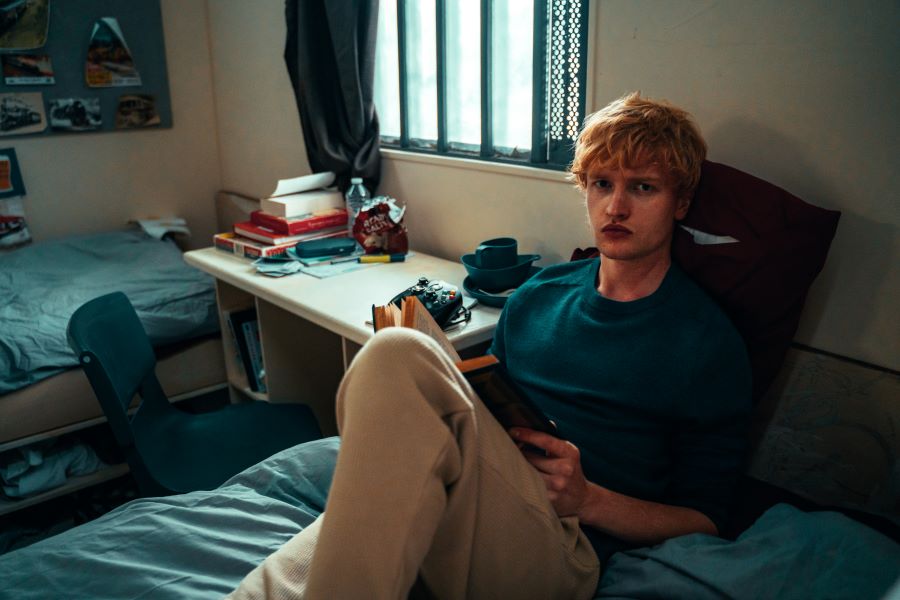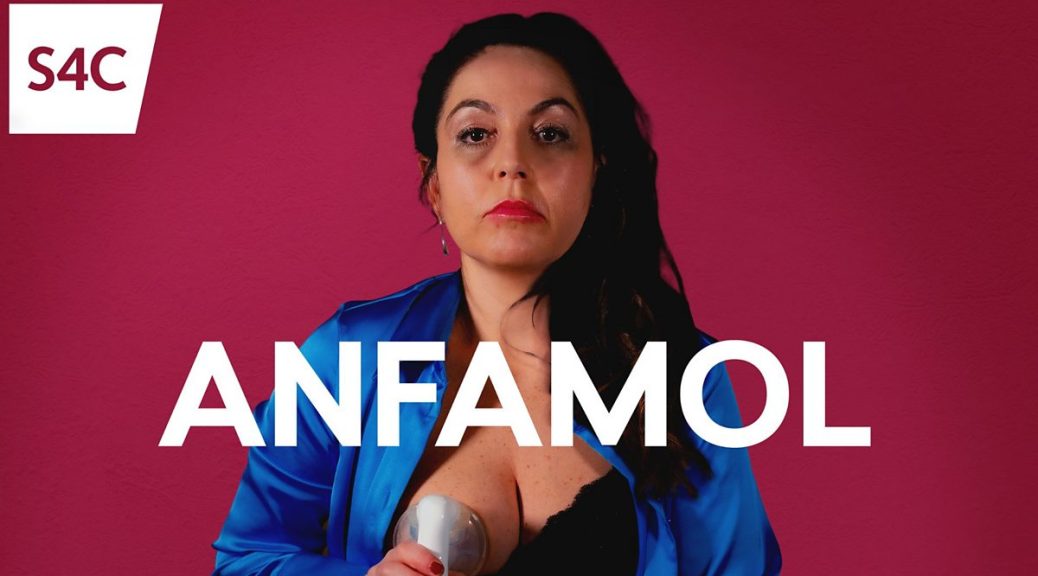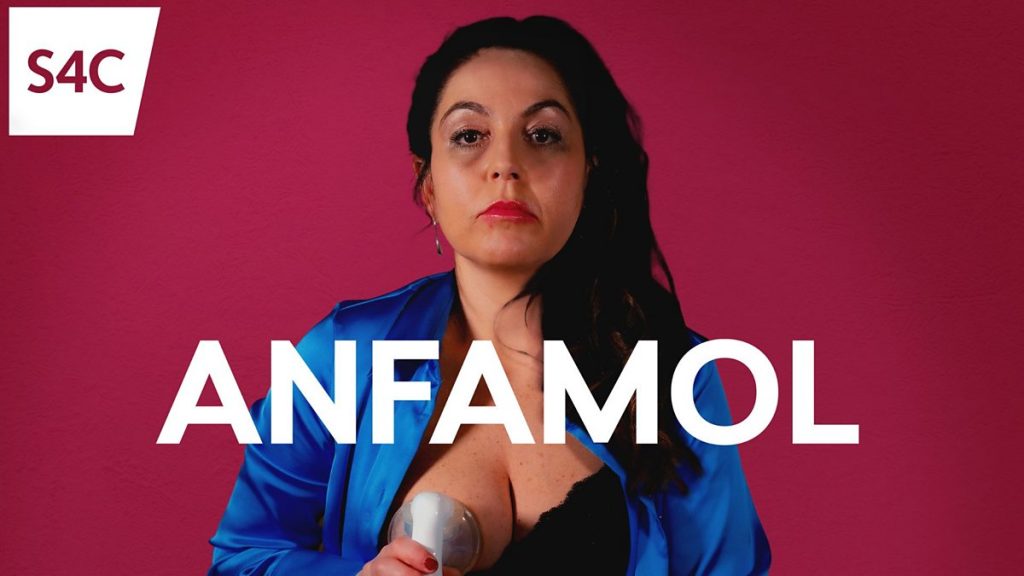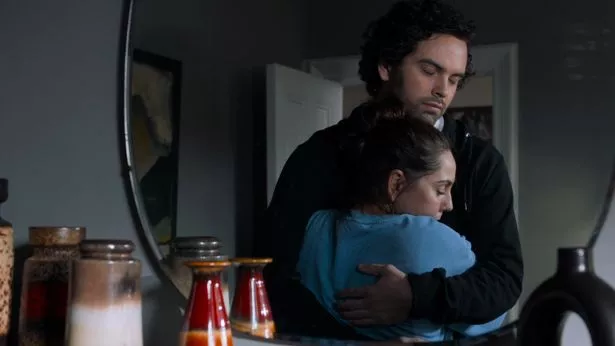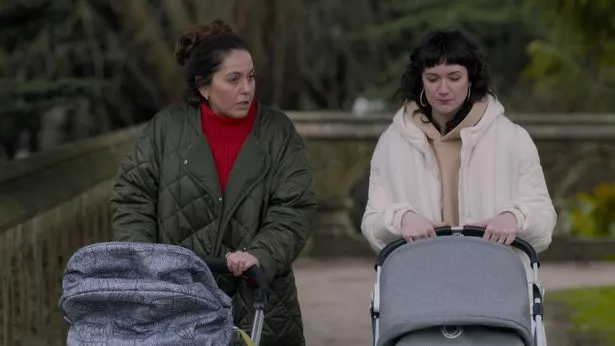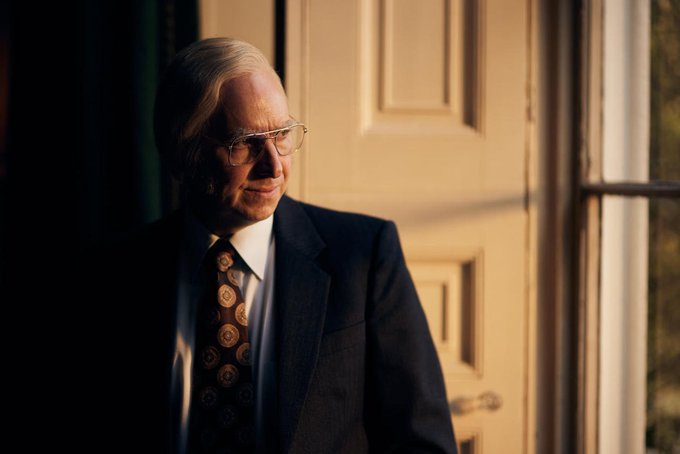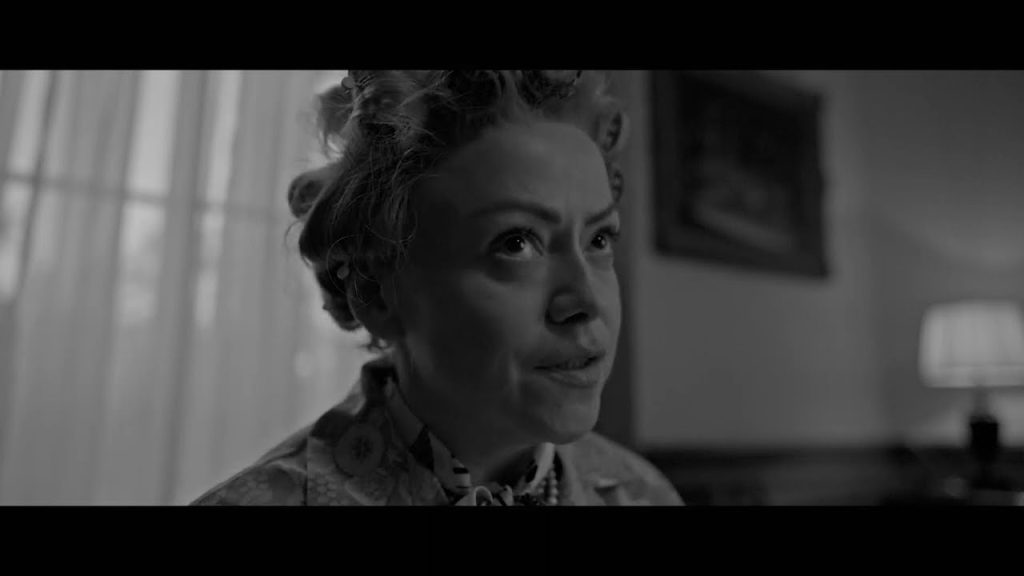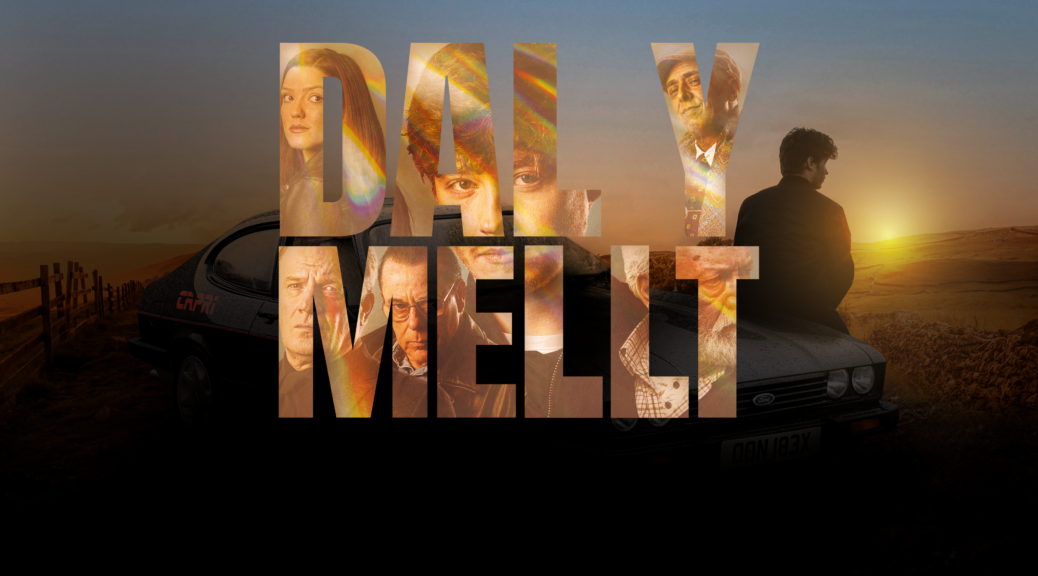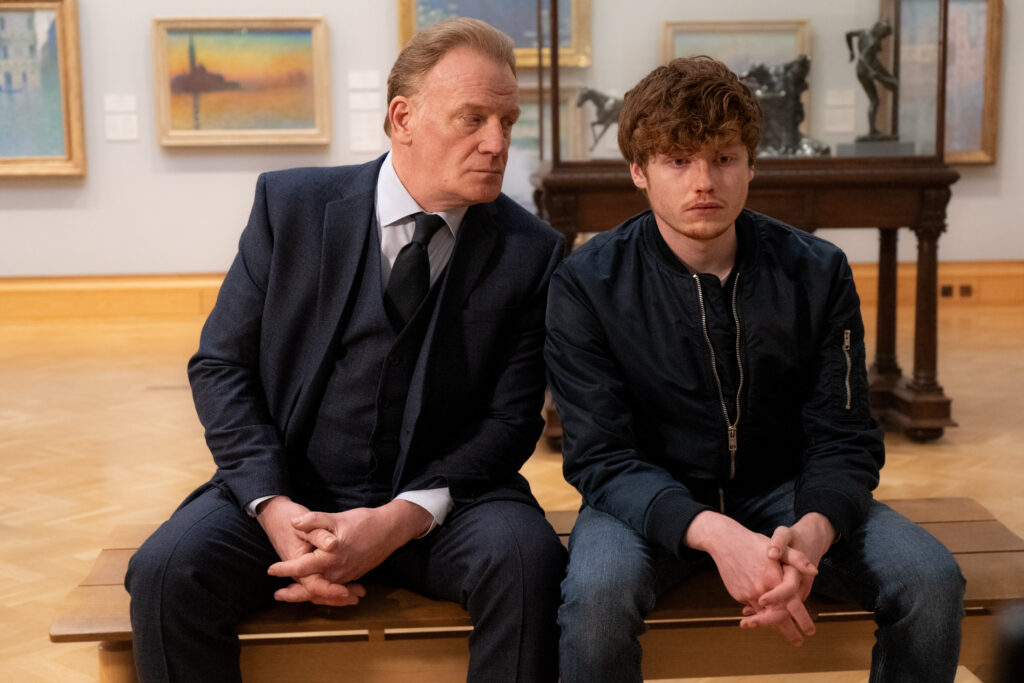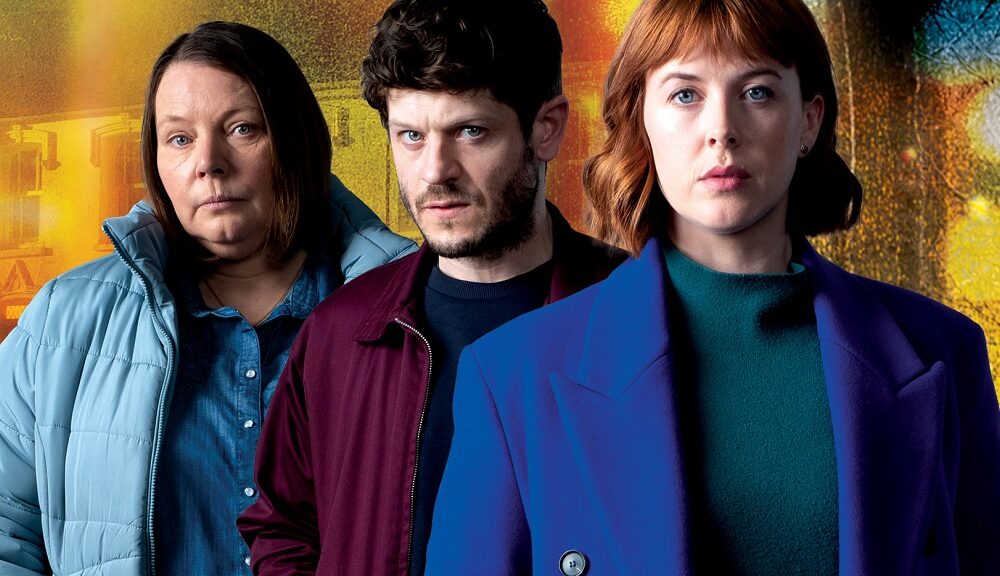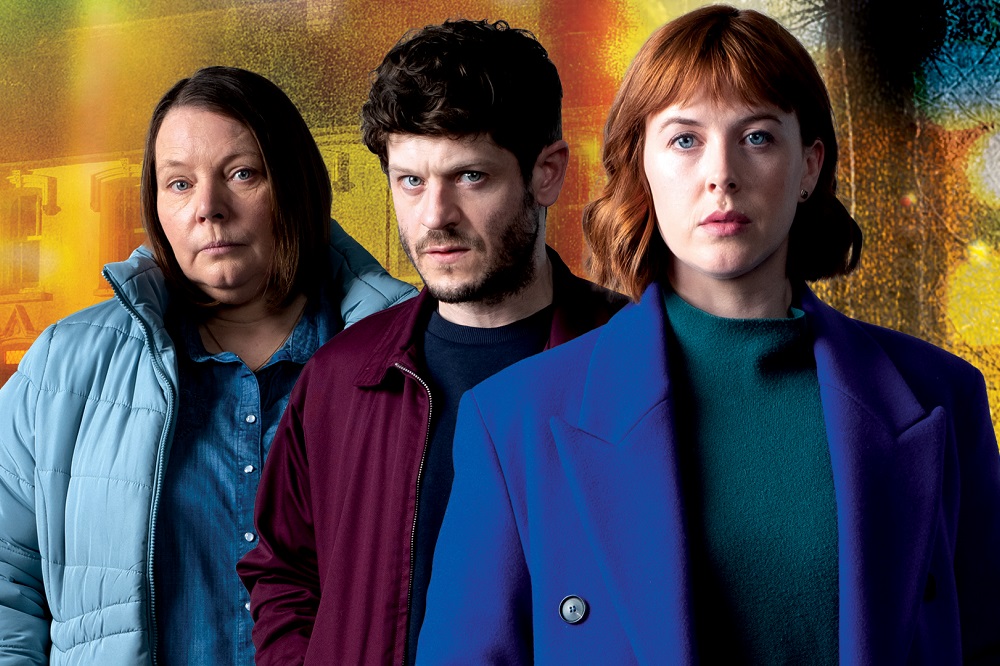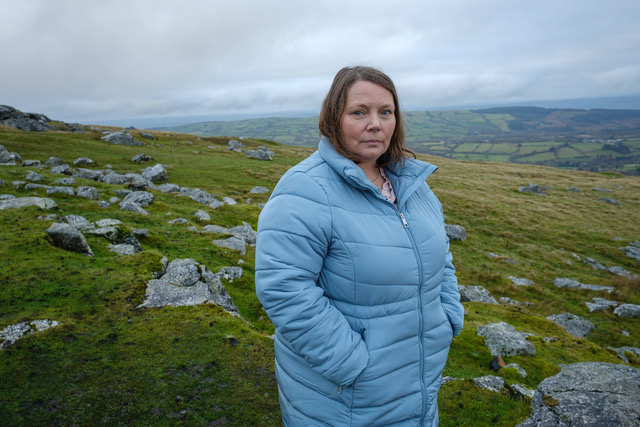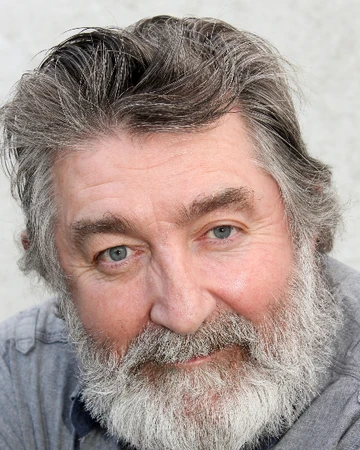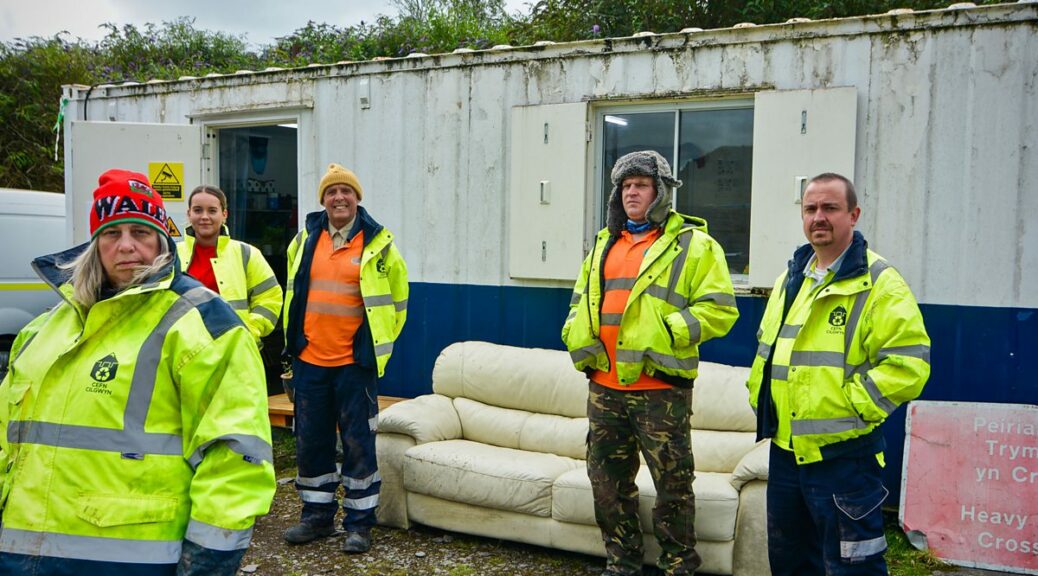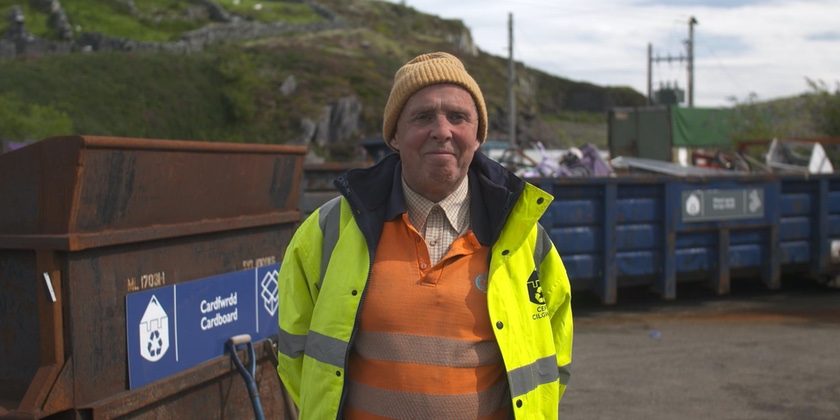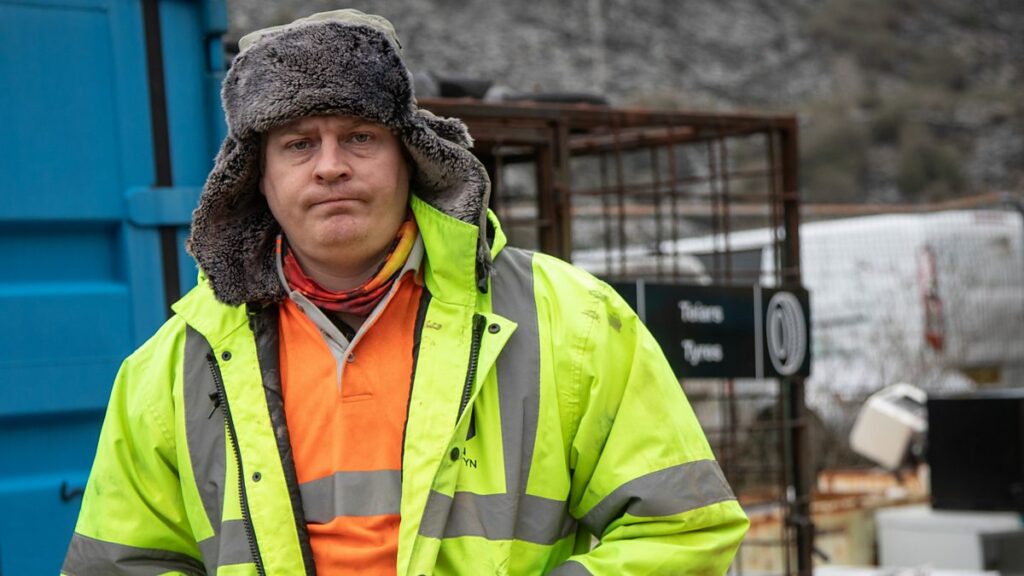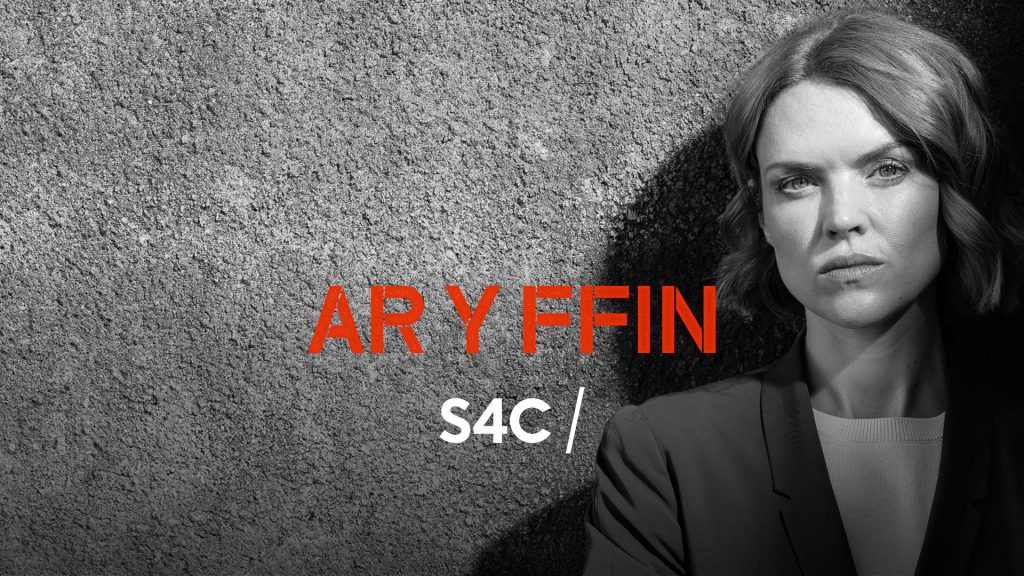
 (3 / 5)
(3 / 5)
It was Newport’s time to shine in S4C’s latest drama series Ar y Ffin. Made much of in a Guardian article prior to broadcast, the city is often overlooked by its capital cousin, but becomes a metaphor here for the title character’s own story. Erin Richards is superb as Claire Lewis Jones, a magistrate and mother who has tried, with a great degree of success, to step out of the shadow of her unsavoury past. Yet she is still haunted by a ghost, in the form of Pete Burton (played by Tom Cullen), a shady local gangster whose criminal activities come slowly to collide with Claire’s personal and professional life across the course of six episodes. And whilst at times there are threads in the narrative which suggest too much artistic licence has been wrought, writers Georgia Lee and Hannah Daniel still offer enough entertaining twists and turns to ensure the implausible never make Ar y Ffin unwatchable.

One of the draws of this drama is the mother-daughter relationship at its centre. Lauren Morais is excellent as troubled teen Beca, whose trajectory of travel is, we come to find out, much like her mother’s was back in the day. The way that Claire seeks to protect her, sometimes at great personal and professional cost, is made all-the-more heartfelt by Richards steely portrayal. She follows in a long line of similar female protagonists in Welsh TV drama, balancing a strong exterior with a hidden vulnerability that eeks out as the series progresses. Beca is much the same, though Morais adds a stubborn teenage bolshiness to mask her susceptibility. Ultimately, both characters cast a shadow of weakness over their respective partners – husband Al (Matthew Gravelle) burying his head in the sand over financial problems whilst Beca’s boyfriend Sonny softens towards the series’ end.

There is clearly appetite from the production team to continue Ar y Ffin. Its conclusion feels far too open to simply leave it at that. Where it goes from here is open to question, but with Beca clearly emerging as a central character alongside her mother Claire, further exploration of that relationship would prove invaluable to keep viewers’ interest beyond the standard criminal fare of Pete and his boys. That might involve a trip over the border perhaps, given the final scene. But whether this drama expands beyond or keeps Newport as its central focus, it has been refreshing to see a different Welsh city as a backdrop. A reminder that urban stories are not limited to Cardiff.
You can watch the series on BBC iPlayer here.


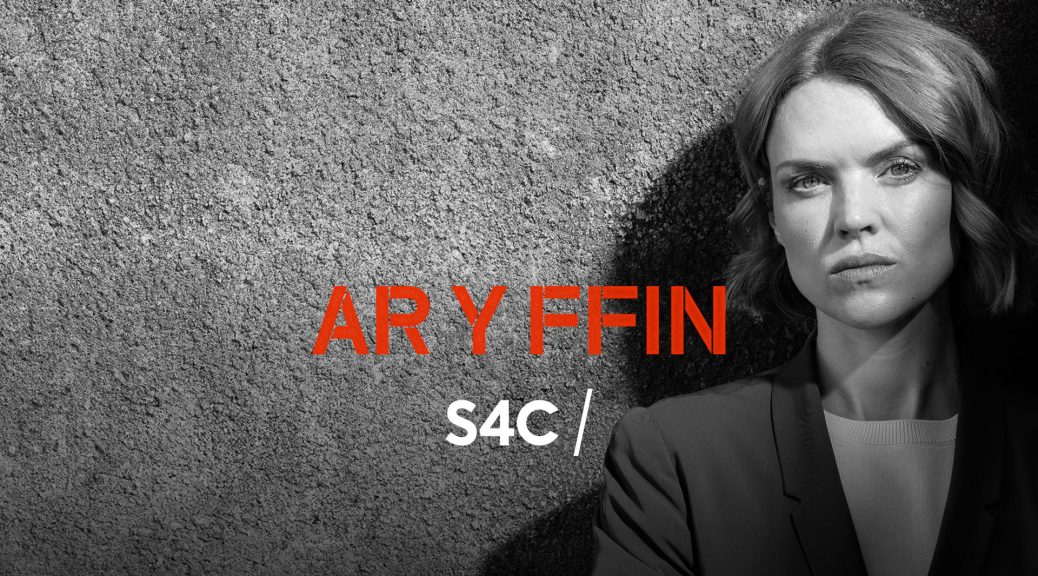
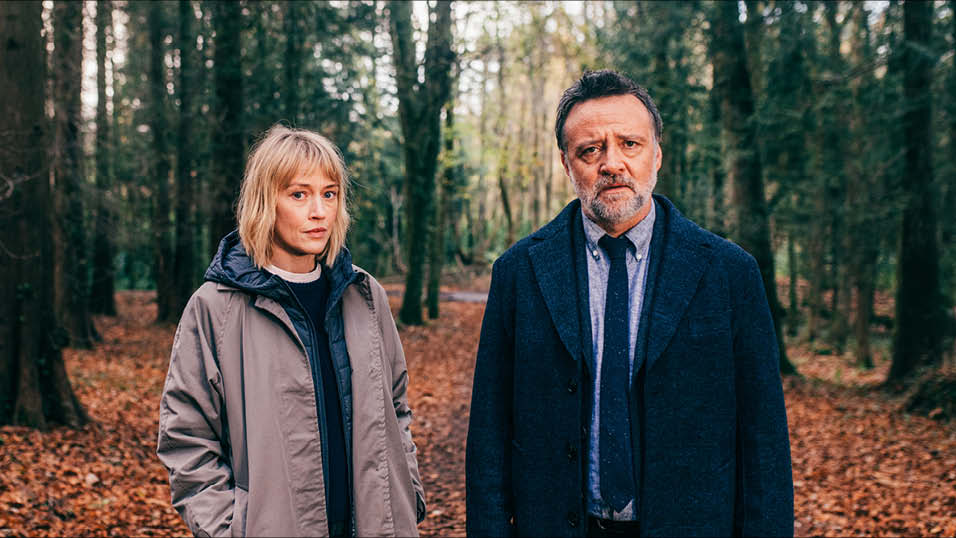

 (4 / 5)
(4 / 5)